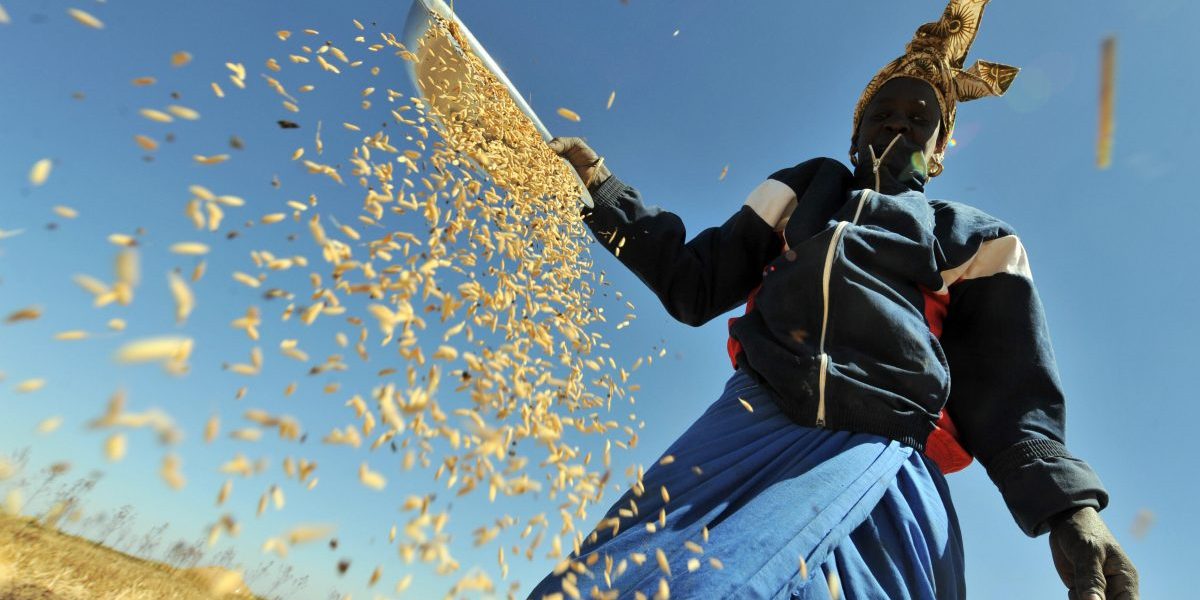- Many African economies, including Senegal and Mali, are exposed to a variety of shocks.
- They have similar economies with a primary focus on agriculture which employs around 70% of the workforce. This makes this sector especially vulnerable to the impact of climate events.
- Mali and Senegal (and other Sahelian countries including Niger, Burkina Faso and Mauritania) have faced severe crises in the past caused by drought and locust invasions which destroyed food and fodder crops. This had a severe impact on the primary sector, domestic consumption and food security.
- Mali experiences more domestic shocks than Senegal, primarily due to its vulnerability to climate and security issues.
- Despite some challenges, both Senegal and Mali were able to implement crisis response policies that partially mitigated the negative impact of shocks.
- Senegal and Mali must act quickly to develop their resilience against future crises. This requires implementing counter-cyclical fiscal and monetary policies and strengthening their trade, industry, human capital and governance performance. Tailoring these policies to each country’s unique context, including its strengths and limitations, is essential.
Macroeconomic Resilience: The Cases of Senegal and Mali

Senegal and Mali must act quickly to develop their resilience against future crises. This requires implementing countercyclical fiscal and monetary policies and strengthening their trade, industry, human capital and governance performance.
The views expressed in this publication/article are those of the author/s and do not necessarily reflect the views of the South African Institute of International Affairs (SAIIA).
15 Mar 2024
Research by






